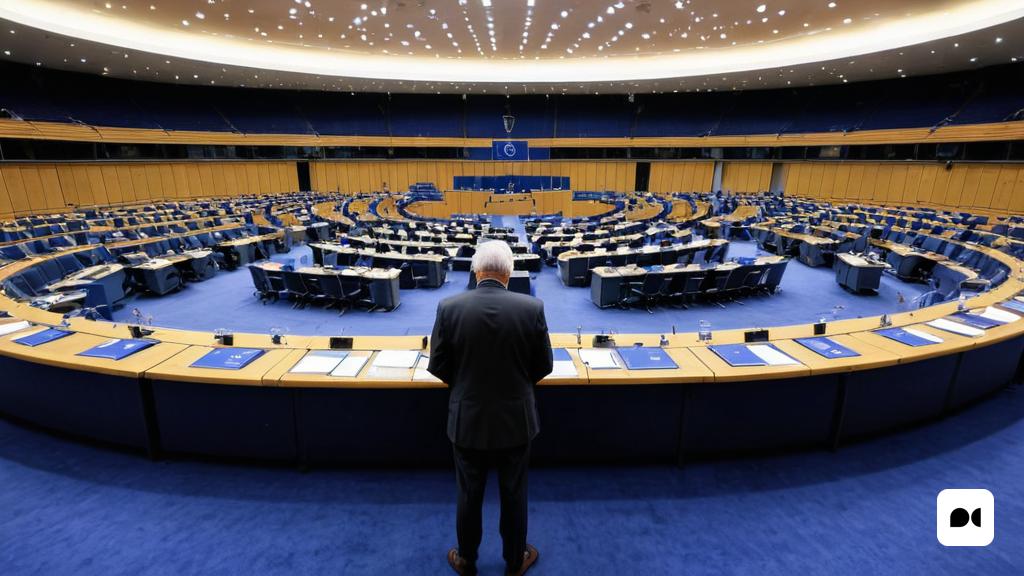A look at the elections in the European Parliament
From June 6 to 9 of this month, elections are being held in the European Parliament. The results will be known later, since the polling stations in Italy close at 11 p.m., and the first results are not expected to be announced until that time, to avoid external influences. These elections have been a subject of great interest due to their importance and particularities.
Peculiarities of the European Elections
The 2024 European elections present peculiarities that are worth highlighting. The European Parliament currently has 705 seats, although the maximum allowed by EU treaties is 751. Following the UK’s departure from the EU, 27 additional MPs from 14 member states have joined the Parliament, which brings the total number of deputies to 720, an increase of 15 compared to the previous Parliament. It is important to mention that in these elections, Spain has won two seats.
Organization of the European Parliament
Members of the European Parliament are grouped according to their political affiliation, not by nationality. There are currently seven political groups in the European Parliament, each with its own internal organisation and decision-making procedures. Historically, the Parliament has been dominated by two major political families, the European People’s Party and the Socialists and Democrats, although there are also other significant groups.
Participation and Political Trends
Polls indicate a possible rise of ultranationalists in the European elections, especially in countries such as France, Italy, Austria and the Netherlands. This scenario raises the possibility of future alliances between conservatives and extremist forces. Participation in these elections is crucial, as it can influence the configuration of parliament and, therefore, the direction of the EU as a global actor. Despite their importance, participation in European elections has been historically low, with a record of 50.7% in the last elections in 2019.

